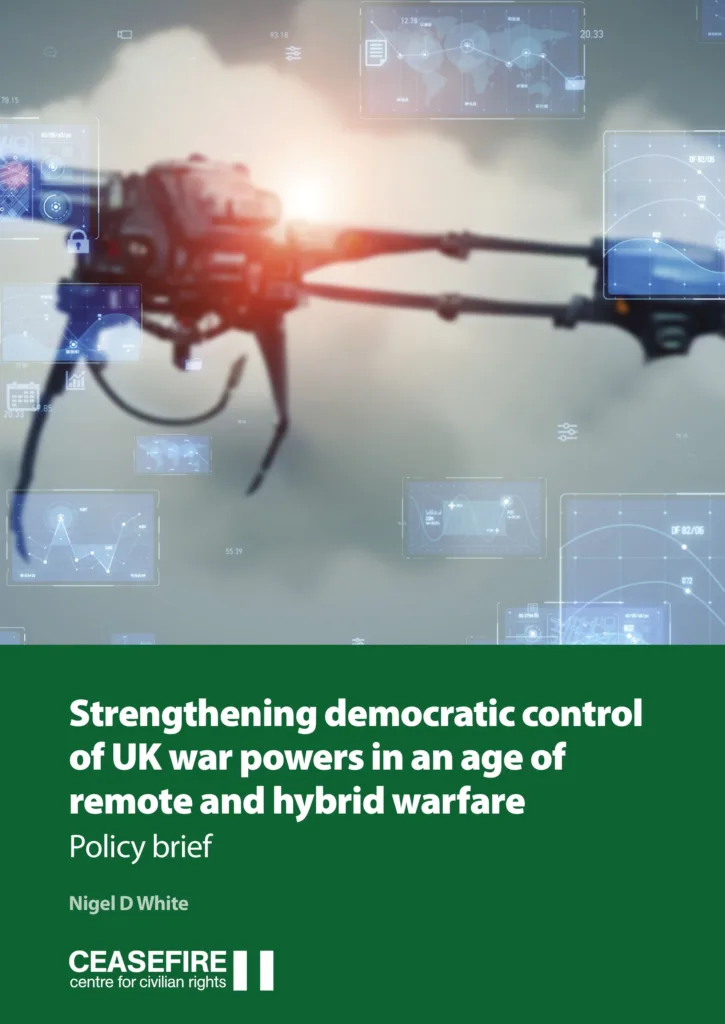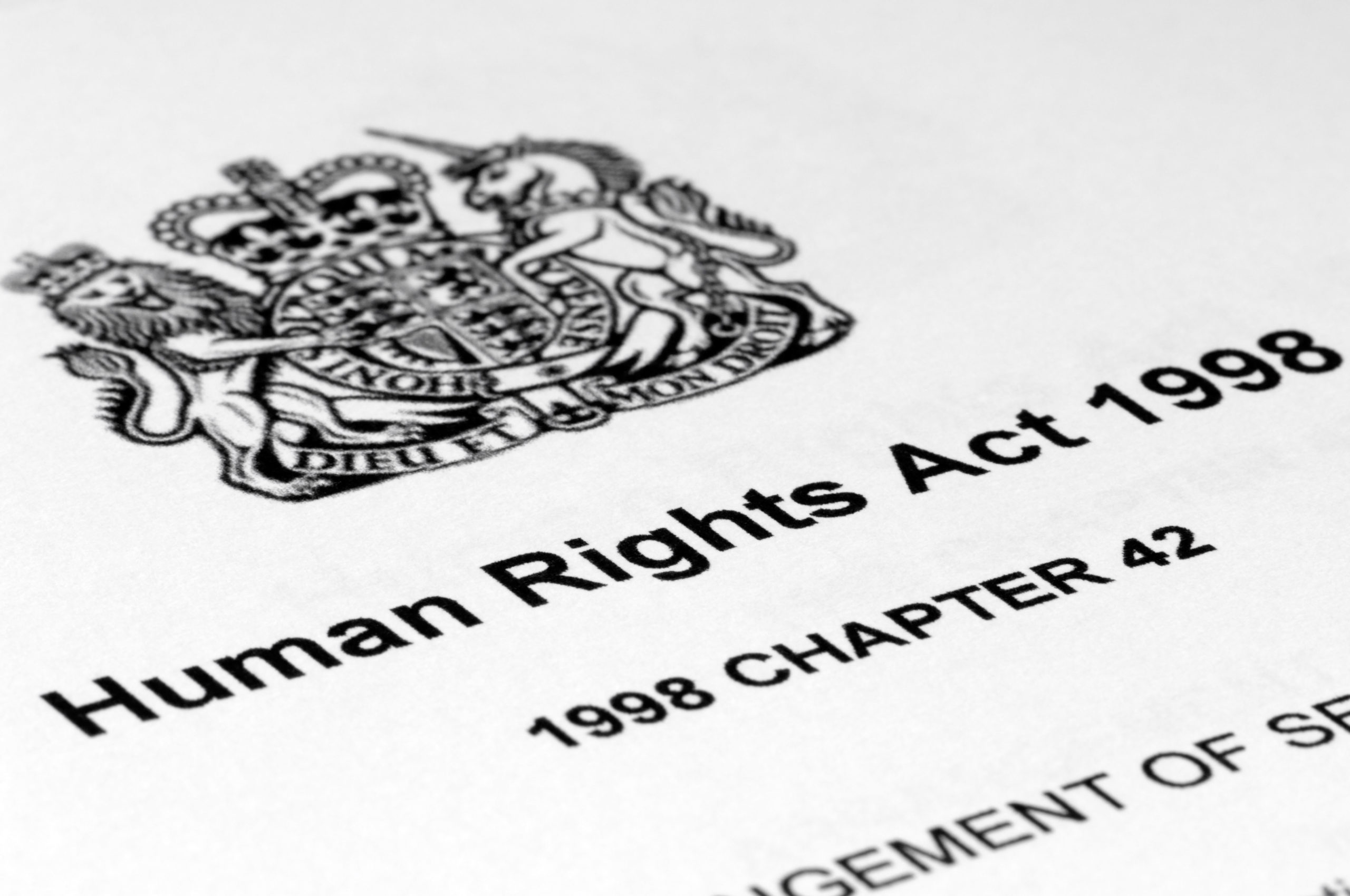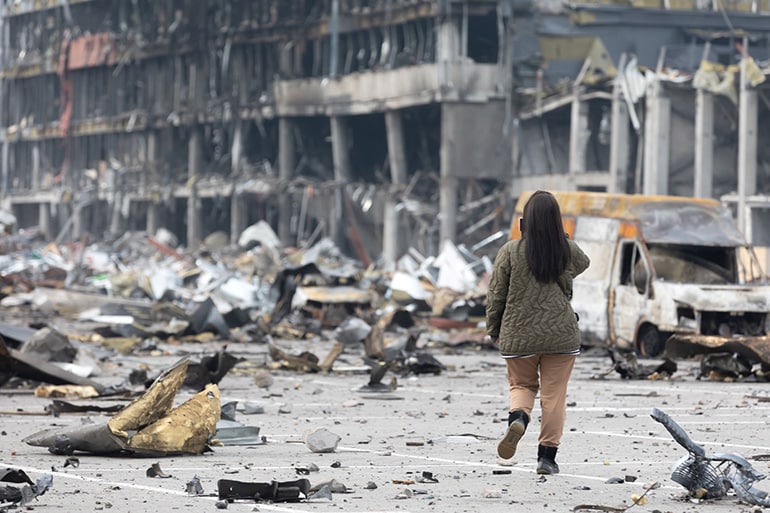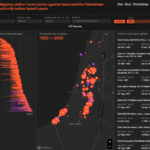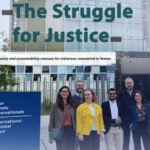The constitutional Convention requiring Parliament to be consulted if the UK goes to war has now been emptied of any substantive content, argues a new report published by the Ceasefire Centre for Civilian Rights.
Prime Minister Rishi Sunak’s decision in January 2024 to commence ongoing airstrikes against Ansar Allah (‘the Houthis’) in Yemen without a prior debate or a vote in Parliament left MPs sidelined. In the UK, the decision to go to war remains in the hands of the Prime Minister and a handful of senior ministers collectively termed the war cabinet. Although lip service is still paid to a supposed constitutional Convention – dating back twenty years and aimed at securing parliamentary approval for the deployment of armed forces – recent trends indicate disregard of the obligation to consult Parliament when it comes to war powers decisions.
A new report by the Ceasefire Centre for Civilian Rights, Strengthening democratic control of UK war powers in an age of remote and hybrid warfare, examines how war powers are currently exercised within the UK’s political framework. It emphasizes the comparative lack of democratic oversight in the UK compared to its allies and neighbours. The report calls for enhanced democratic control over the decision to engage in war, especially in cases of wars of choice which are less likely to adhere to international law, and in instances of hybrid and remote warfare which have so far evaded parliamentary scrutiny.
Professor Nigel White, author of the report commented: ‘Parliament has no clear role in authorising war powers decisions, which is problematic when considering that the UK has a track record of relying on controversial legal justifications for its military interventions.’ He added: ‘The case for increasing democratic accountability now seems overwhelming – when war is waged by the UK, it is done in everyone’s name, and this profound life-changing and potentially world-changing commitment has to be approved by those institutions representing the people.’
At the same time, a new era of modern warfare, which is characteristically opaque, dissipated, and outsourced, has thrown military operations further into the shadows.
‘In light of the UK’s increasing practice of remote operations, proactive accountability is essential to ensure the rights and lives of civilians are safeguarded,’ said Mae Thompson, Advocacy Officer at Ceasefire. She added: ‘When it comes to oversight for newer forms of warfare, the legislative and political framework is lagging well behind.’
While government leaders have become increasingly emboldened in their avoidance of scrutiny and willingness to bypass the Convention, which emerged in the years following the invasion of Iraq in 2003, in cases where Parliament is able to debate military operations the full legal advice is withheld. MPs and Peers are instead presented with a sanitized legal opinion formulated to disguise any controversy or ambiguity.
The report recommends that as a first step towards democratic accountability, a War Powers Resolution should be passed to establish a normative framework for war powers decisions in procedural and substantive terms. Such a Resolution should grant Parliament the right to receive the full legal advice of the Attorney General, as well as advice from independent experts, and if necessary to vote against military action based on the legitimacy and the legality of the proposed operation.
A War Powers Resolution could lay the groundwork for the eventual introduction of a War Powers Act – a commitment previously part of Conservative Party policy and championed by Keir Starmer during his 2020 Labour leadership bid – that would potentially make war powers the subject of judicial review.
Notes for editors:
Strengthening democratic control of UK war powers in an age of remote and hybrid warfare, by Nigel D White, is published by Ceasefire Centre for Civilian Rights on 24th April 2024.
The Ceasefire Centre for Civilian Rights is an international initiative to develop civilian-led monitoring of violations of international humanitarian law or human rights in armed conflict; to secure accountability and reparation for violations; and to develop the practice of civilian rights.
Nigel D White is Professor of Public International Law at the University of Nottingham, UK.
For media inquiries or further information, please contact:
Mae Thompson, Advocacy Officer at Ceasefire
Insert link

